This quote suggests that our beliefs and opinions are not formed in isolation, but are rather shaped by the information or evidence that is presented to us. In other words, our thoughts and convictions are not entirely under our control, but are largely influenced by the data we encounter, absorb, and process.
It signifies the involuntary nature of our cognitive process, where our minds automatically gravitate towards conclusions based on the data available. This process is not always conscious or deliberate, but often happens subconsciously, in response to the stimuli and information we receive.
Applying this idea in today’s world, it becomes evident in the realm of media and information dissemination. With the rise of social media and digital news, we are constantly bombarded with information, which inevitably shapes our opinions and beliefs. This can be seen in political discourse, where the information we consume can greatly influence our political leanings.
In terms of personal development, this quote highlights the importance of critical thinking and discernment. It serves as a reminder that we should not passively accept information, but rather actively engage with it, question it, and seek out multiple perspectives before forming our own opinions. It underscores the need to be mindful of the information we consume and the potential biases it may carry, as these can unconsciously shape our beliefs and perceptions.
Moreover, it emphasizes the significance of continual learning and open-mindedness. By exposing ourselves to a variety of information sources and viewpoints, we can ensure a more balanced and informed perspective, enabling us to make better decisions and judgments. It encourages us to step out of our comfort zones and challenge our pre-existing beliefs, which is a crucial aspect of personal growth and development.



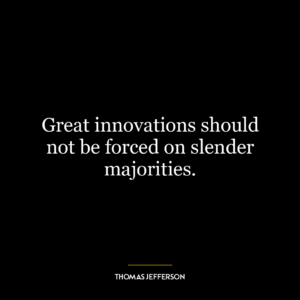
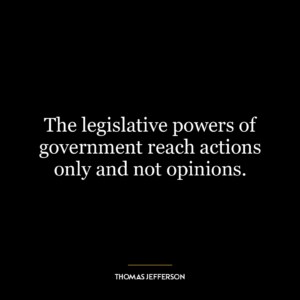
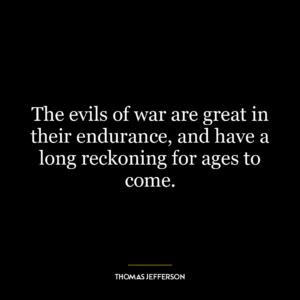





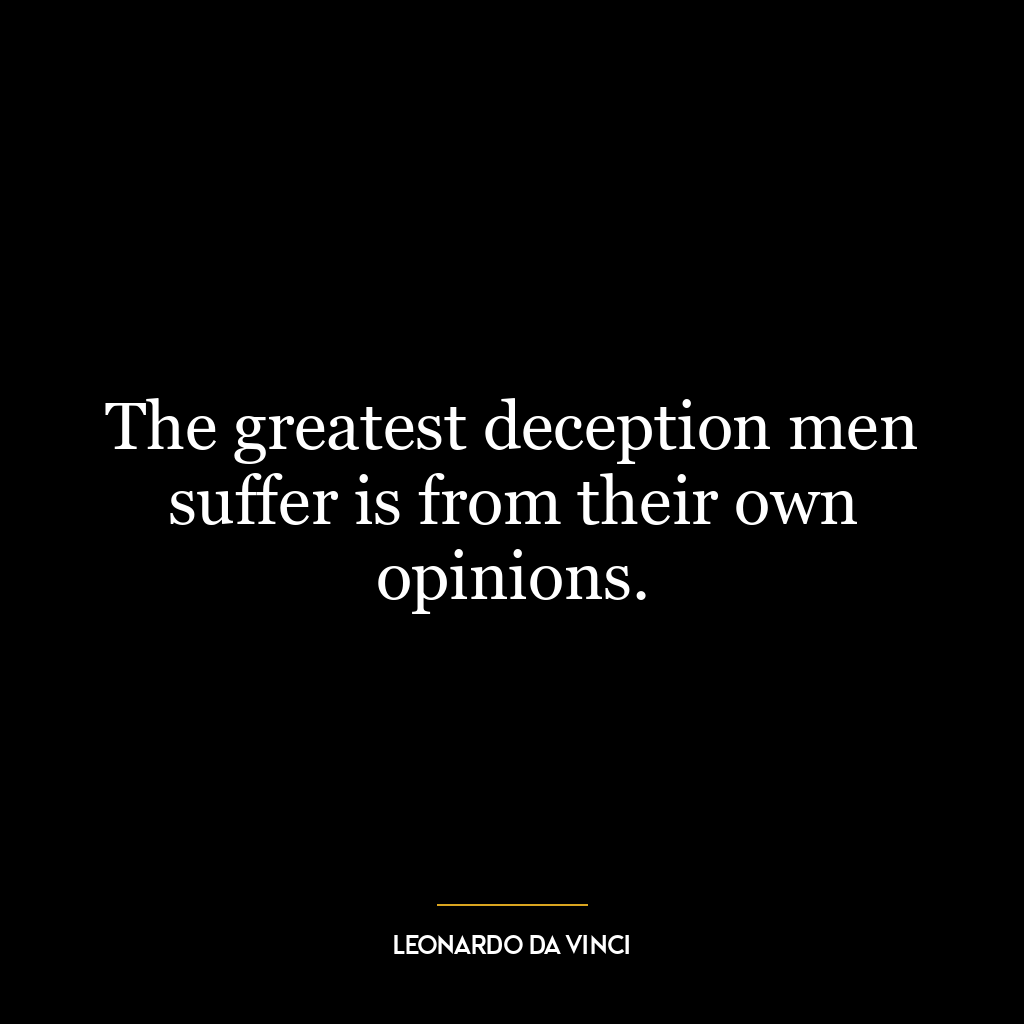
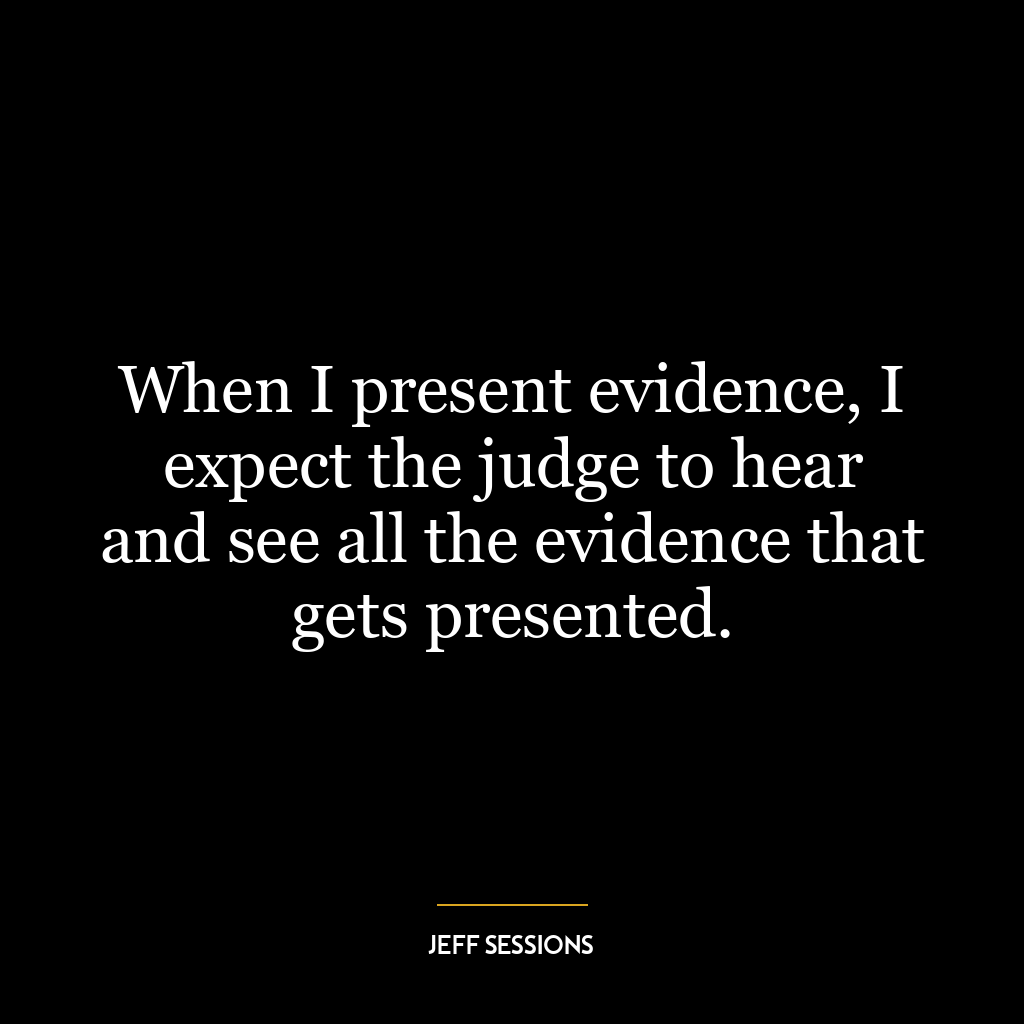
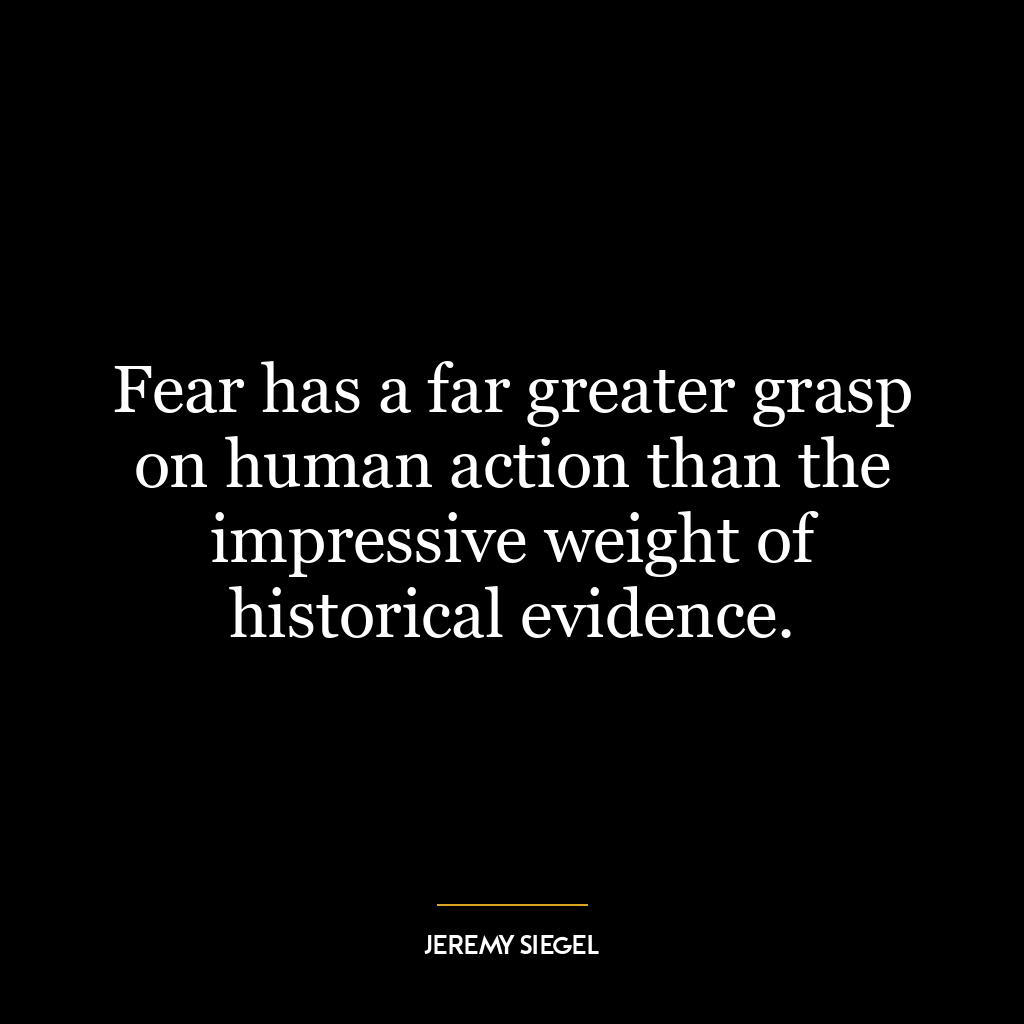
![[It] is no longer a matter of taste or opinion…it is plain experimental evidence.](https://quotes.guide/wp-content/uploads/jerome-lejeune/jerome-lejeune-792787.png)
